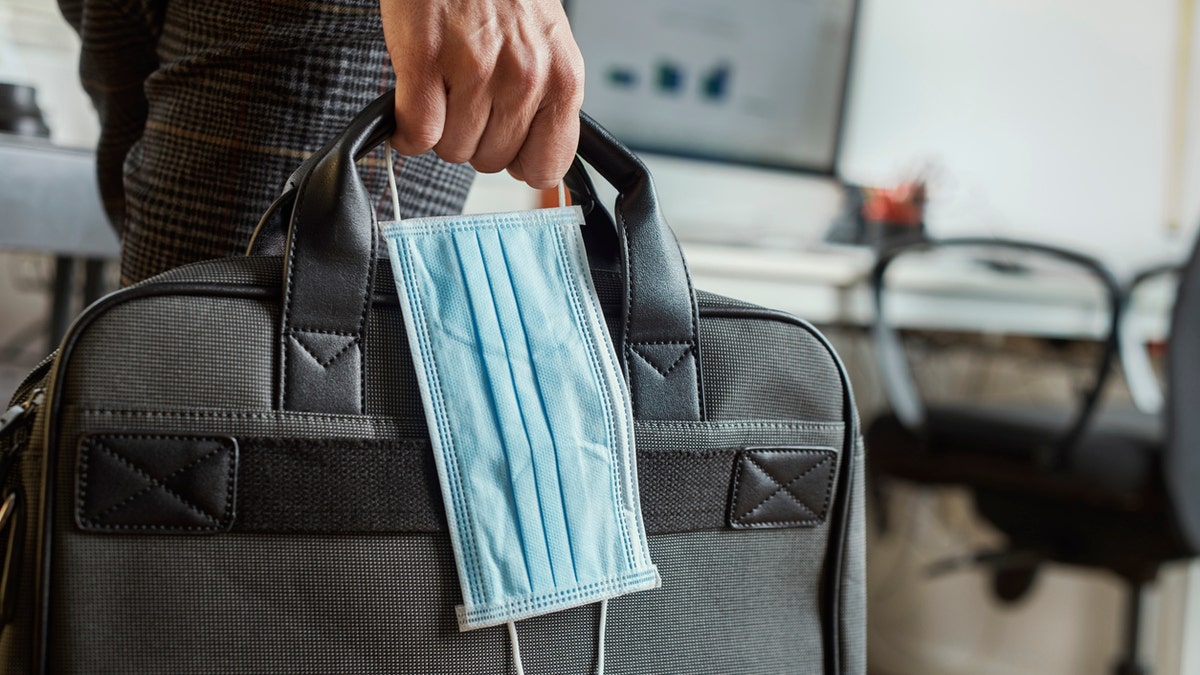Theses five major cities where low pricing has increased demand
Housing markets in sleepy suburbs and small towns are currently ‘on fire,’ while large cities housing market have come to ‘a screeching halt.’ , According to Homes.com, there are at least five major metropolises where discounting has revived demand.
When Felipe Vasconcelos heads to work, he doesn’t have to stay shut inside his one-bedroom Murray Hill condo — and he doesn’t have to commute to his Brooklyn office either. Instead, the 37-year-old takes an elevator six floors down to a 450-square-foot studio apartment, which he rented two weeks ago for $2,100 per month.
CLICK HERE FOR COMPLETE CORONAVIRUS COVERAGE
“Trying to work from home … the place where I relax, it was very difficult to concentrate — but also I was limited by space,” said Vasconcelos, a cosmetics industry serial-entrepreneur whose holdings include StartBeauty. He had previously looked for a nearby office rental to mix up his routine and boost efficiency, but when he noticed this second-floor unit listing — represented by Douglas Elliman’s Aimee Fink, who also lives in the building — he saw a chance to create a makeshift workspace.

Even those who planned on expanding by combining apartments before the outbreak have followed through with their purchases — and will carve out large offices for themselves in the newly acquired spaces. (iStock)
As city professionals largely continue to work from home to curb the spread of the coronavirus, they’re feeling the strain of cramped spaces — or a lack of sanctuary with work and home blending into one. But certain locals, namely those with the means to do so, have found a way to escape the confines of their four walls: renting or buying separate flexible-space apartments, which they’ll use as indefinite home offices.
CLICK HERE TO SIGN UP FOR OUR LIFESTYLE NEWSLETTER
In the week since picking up the part-time pad, Vasconcelos said, “I’ve seen an increase in productivity.” And not only does he have enough room for his desk and three computer monitors, but he’s also got space for a home gym with a mat, a bench, a barbell and dumbbells. Still, the biggest benefit comes at the end of the day.
“I think that the big difference for me is, yes, when I come home I can absolutely relax,” he said.
HOTELS ARE TAPPING INTO WORK-FROM-HOME, TRANSFORMING ROOMS INTO OFFICE SPACES
Although renting offers month-to-month flexibility until the pandemic crisis presumably blows over, others in need of nearby extra space want something more permanent.
Alan Klein, a 52-year-old Compass real estate agent, and his husband, 35-year-old landscape designer Jeffrey Erb, had considered purchasing a separate unit for the mere sake of having extra living space — “but COVID accelerated that plan,” said Klein.
PANDEMIC PRICING: 5 CITIES WHERE DISCOUNTED HOMES ARE DRIVING UP DEMAND
So, the two are now in a $195,000 contract to snag a studio co-op around the corner from their Jackson Heights two-bedroom co-op — which will serve as a home office for the time being.
Once the listing went live, they pounced.
“I am doing a lot of business in Jackson Heights … I am constantly watching the market,” said Klein.
The pair began working from home in March, and they admit that led to too much togetherness.
“I think any relationship will feel the toll of that,” said Erb, who previously worked from home when he ran his own business. “It’s an open-layout apartment,” he added of their primary residence, “it’s very hard to be physically distanced … it’s easier to be distracted — it’s not like you’re sitting next to a co-worker you can really tune out.”
Once the 350-square-foot spread, which boasts views of Manhattan, becomes theirs, the plan is for one of them to go there at a time to work.
CLICK HERE TO GET THE FOX NEWS APP
“The key factor here is not to be on top of each other,” said Klein.
Even those who planned on expanding by combining apartments before the outbreak have followed through with their purchases — and will carve out large offices for themselves in the newly acquired spaces.
“We’re going to turn what the living room was into an office, and that’s where I’m going to work,” said 34-year-old Ariel Moses, who works in communications and closed last week on a one-bedroom next to her East Midtown two-bedroom. She declined to reveal the price, but she said she plans on decking out that 500-square-foot space with a desk, a chair and some couches.
“I need a space where I can [work] — I’m working in my bedroom right now and it’s not productive,” she said, adding that having this dedicated office will lead to better-looking video conferences. “I need to maintain some decorum in some sense, and some professionalism.”
The overarching need, however, is more space for her family. By expanding her 1,600-square-foot apartment by another 1,100 square feet, her 40-year-old husband Marshall Weinstein, CEO of DJ and events company SET Artist Management, will have space for his office, and her 15-year-old brother, JD, will have a bigger bedroom for remote-schooling. There will even be extra room for Moses’ and Weinstein’s 16-month-old daughter, Asher.
“We’re just … doing our best to give everyone the best chance they can get to do their best work,” said Moses. “We’re making it work.”
